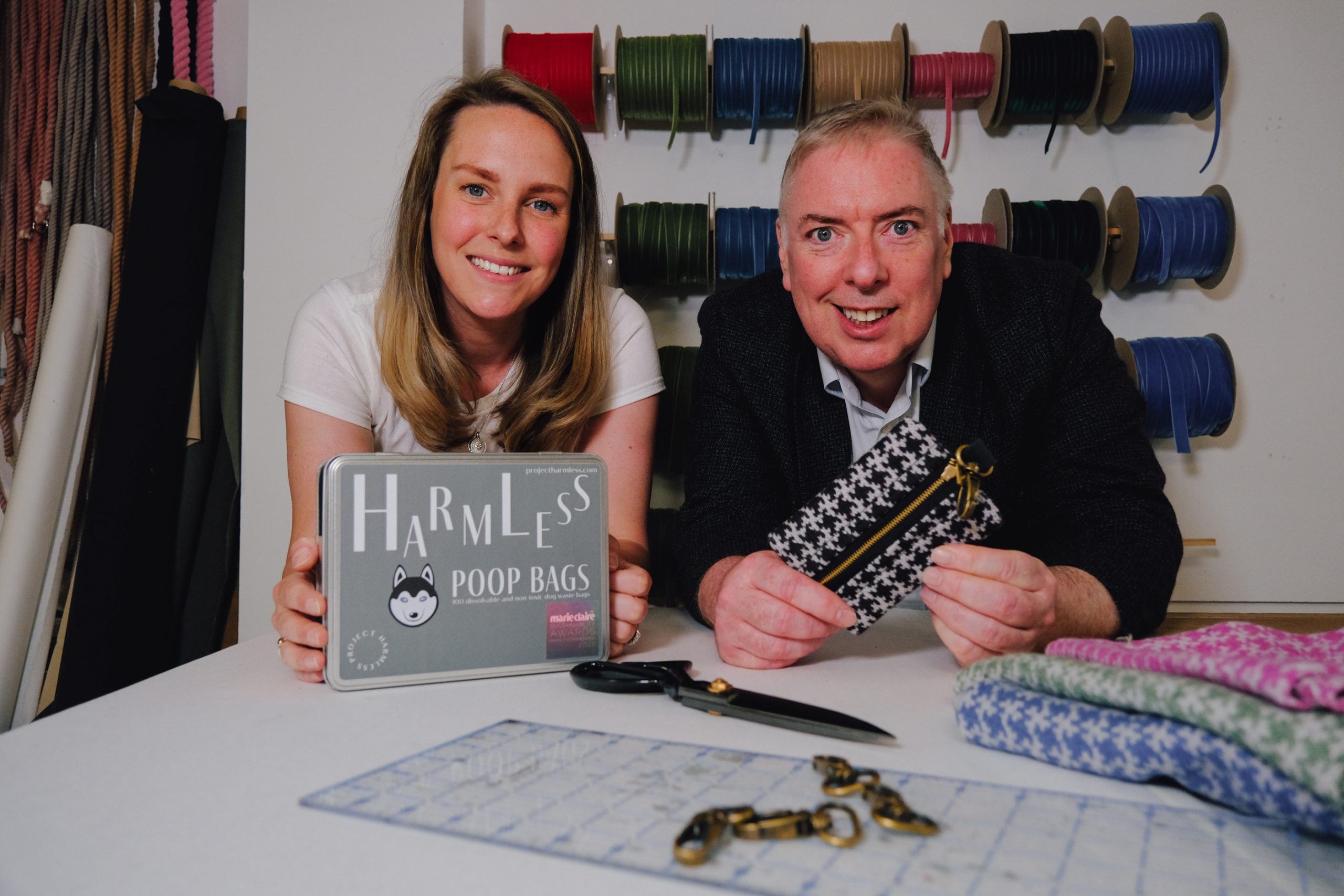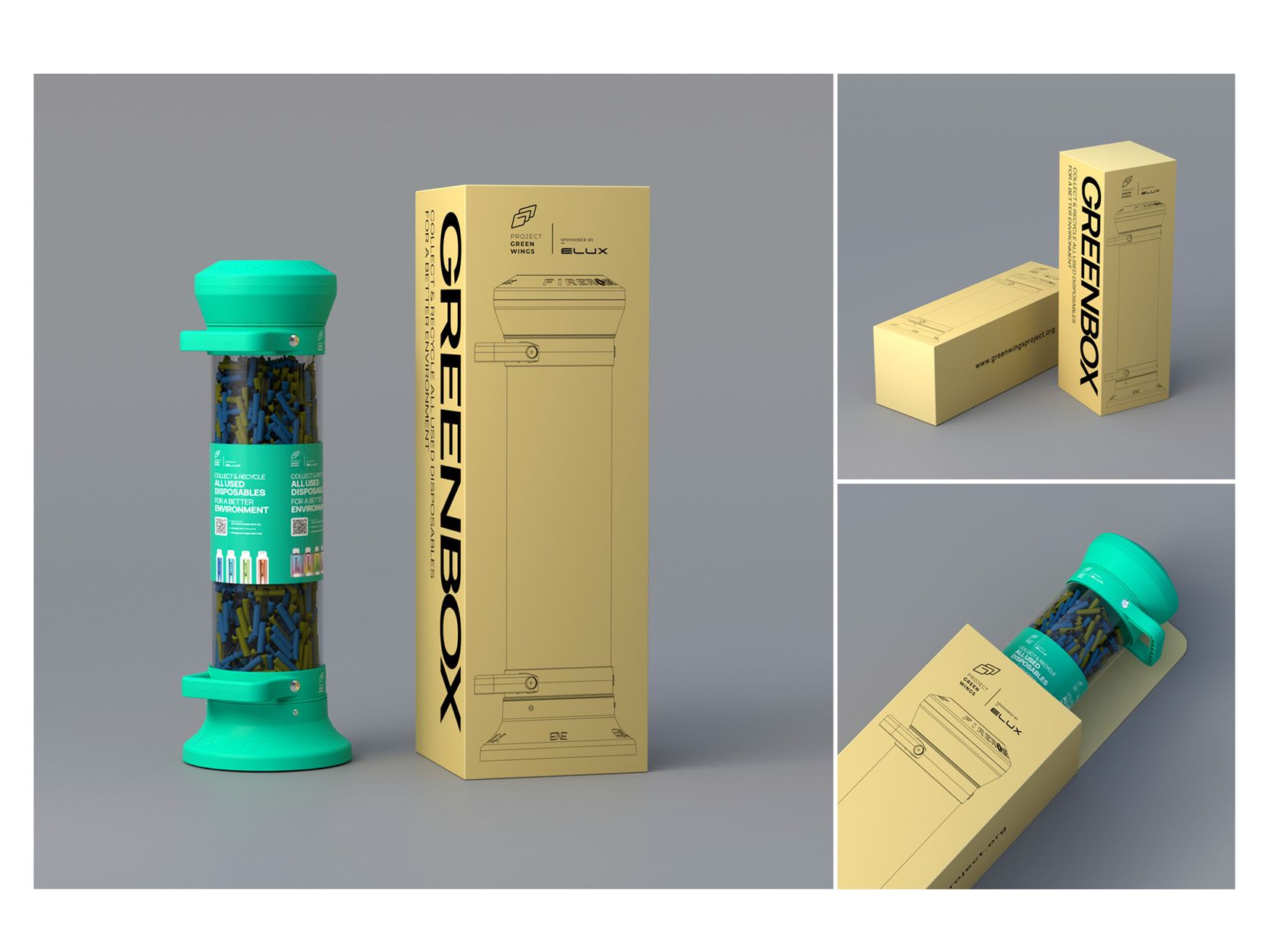Recent findings from a comprehensive study conducted by the U.S. Geological Survey (USGS) reveal that a minimum of 45 percent of tap water in the United States may be tainted with per- and polyfluorinated alkyl substances (PFAS)—persistent chemicals commonly referred to as forever chemicals. PFAS are synthetic compounds used across a wide range of applications, including fast-food container linings, non-stick cookware, firefighting foams, pesticides, cosmetic creams, furnishing textiles, and outdoor clothing.
The discovery of PFAS contamination in tap and bottled water worldwide, coupled with its linkage to numerous adverse health effects, has left the USGS findings both startling and alarming, according to Bengt Rittri, the visionary founder and CEO of Bluewater—a globally recognised beverage and water purification company.
Highlighting the health risks associated with high concentrations of PFAS chemicals, the U.S. Environmental Protection Agency (EPA) has cautioned that these contaminants have been connected to hypertension and pre-eclampsia in pregnant women, as well as kidney and testicular cancer, elevated cholesterol levels, and immune system damage.
The PFAS issue extends beyond the United States, as the European Environment Agency has reported the detection of PFAS in the environment across Europe. The production and use of PFAS-containing products have led to the contamination of drinking water supplies in several European countries. In some heavily polluted areas, concentrations of perfluorooctanoic acid (PFOA) and perfluorosulfonic acid (PFOS) in drinking water exceeded the limit proposed in the 2018 recast of the EU Drinking Water Directive. Similarly, a 2021 study by researchers from Tsinghua University in China revealed that nearly 100 million individuals had been exposed to water containing unsafe levels of toxic chemicals.
Mr. Rittri emphasised the long-lasting consequences of PFAS contamination, noting that even if the release of these toxic chemicals ceased immediately, they would persist in the environment and in humans for generations, as cautioned by the European Chemicals Agency.
Echoing Mr. Rittri’s sentiments, Rich Razgaitis, CEO of Bluewater North America, acknowledged the significance of the USGS study. He emphasised the urgent need for schools, businesses, and consumers to take water purification into their own hands, especially in the places where they live, work, and play.
The USGS research represents the first comprehensive testing and comparison of PFAS in tap water samples from private residences and government-regulated public water supplies across the United States. The data collected served as the basis for modeling and estimating nationwide PFAS contamination. Due to their slow degradation, PFAS are commonly referred to as forever chemicals. The USGS highlighted the unique water-quality concern posed by PFAS due to their persistence in the environment and ubiquitous presence.
During the study, USGS scientists directly collected tap water samples from kitchen sinks at 716 locations representing areas with varying degrees of human impact. The researchers discovered that interim health advisories issued by the EPA in 2022 for PFOS and PFOA were exceeded in every sample where these substances were detected. The study employed a method developed by the USGS National Water Quality Laboratory, allowing the testing of 32 individual PFAS compounds.
Bluewater, through independent testing, has confirmed that its purifiers can effectively remove up to 99.99% of health-threatening PFAS chemicals, including PFOA, PFOS, PFBA, and PFBS, which have been found in tap water worldwide.
The research conducted by Bluewater took place at the esteemed Royal Institute of Technology in Stockholm (KTH) and was verified by the independent bio-analytical testing group Eurofins.
Dr. Ahmed Fawzy, Ph.D., a senior research scientist at Bluewater, led the tests at KTH, which were subsequently verified by Eurofins. Due to limited available information regarding the specific PFAS compounds used in various applications and their extent, the decision was made to independently evaluate the PFAS removal efficiency of Bluewater’s SuperiorOsmosis™ technology.
The tests focused on the four most common PFAS compounds in drinking water, as listed by the Swedish National Food Agency: PFOA, PFOS, PFBA, and PFBS. The results unequivocally demonstrated that Bluewater’s unique second-generation SuperiorOsmosis™ technology successfully removed up to 99.99 percent of all tested PFAS chemicals.
Given the accumulation of PFAS in both humans and the environment over time, the European Environment Agency has classified PFAS as moderately to highly toxic, particularly with regards to children’s development. In January 2021, a study published in Environmental Sciences Europe revealed that approximately 100 million Chinese residents across 66 cities were consuming tap water with unsafe levels of PFAS.






